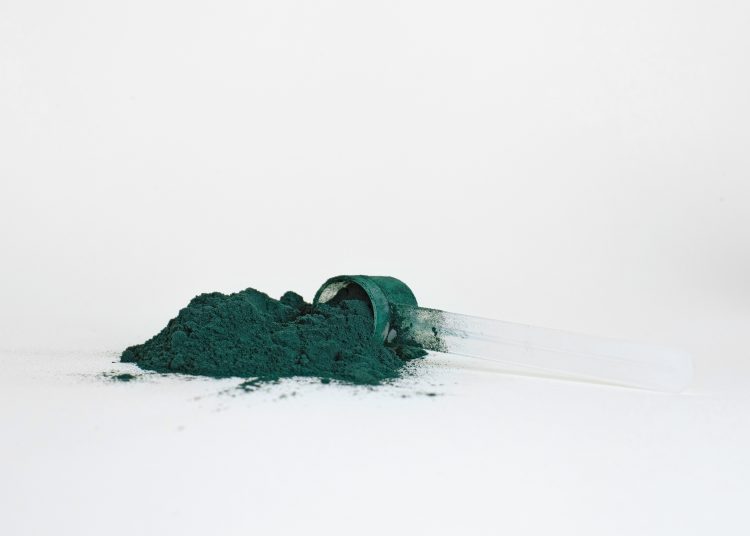Spirulina
What is Spirulina?
Spirulina is a type of blue-green algae that is rich in protein, vitamins, minerals, and other nutrients. It is often sold in powdered or capsule form as a dietary supplement.
Some people claim that spirulina can have a variety of health benefits, including improving immune function, reducing inflammation, and lowering cholesterol levels.
However, more research is needed to confirm these effects. Spirulina is also used as a natural food coloring agent and as a protein source in animal feed.
Benefits of Spirulina
Some of the claimed benefits of spirulina include:
- Boosting the immune system: Help to boost the immune system and increase the production of antibodies.
- Reducing inflammation: Have anti-inflammatory effects and may be helpful in reducing the severity of certain inflammatory conditions, such as allergies and arthritis.
- Lowering cholesterol: Help to lower cholesterol levels and improve overall heart health.
- Enhancing weight loss: Some studies have found that taking spirulina supplements may help to reduce appetite and promote weight loss.
- Improving muscle strength and endurance: Help to improve muscle strength and endurance, particularly in older adults.
- Reducing the risk of cancer: Have anticancer properties and may help to reduce the risk of certain types of cancer.

Composition
It is a type of blue-green algae that is high in a number of nutrients, including:
- Protein: It is a rich source of protein, with around 60-70% of its dry weight consisting of protein.
- Vitamins: It is a good source of several vitamins, including vitamin B1 (thiamin), vitamin B2 (riboflavin), vitamin B3 (niacin), vitamin B6 (pyridoxine), and vitamin E.
- Minerals: It is a good source of minerals, including iron, calcium, magnesium, and potassium.
- Other nutrients: It is also a good source of other nutrients, including carotenoids (such as beta-carotene and zeaxanthin), chlorophyll, and phycocyanin (a pigment that gives spirulina its blue-green color).
- Antioxidants: It is rich in antioxidants, which are substances that help to protect cells from damage caused by free radicals.
It’s worth noting that the exact nutrient composition of spirulina can vary depending on the specific strain and the growing conditions.
INCI
The INCI (International Nomenclature of Cosmetic Ingredients) name for spirulina is “Spirulina Platensis Extract” or “Spirulina Maxima Extract“.
It is often used in cosmetics and personal care products as a natural source of nutrients and antioxidants. It is sometimes included in products such as face masks, toners, and serums, as it is believed to have skin-loving properties.
In addition to its use in cosmetics, spirulina is also used in other products such as food and dietary supplements. It is often available in powder or capsule form, and can be added to smoothies, juices, and other foods as a source of protein, vitamins, and minerals.







